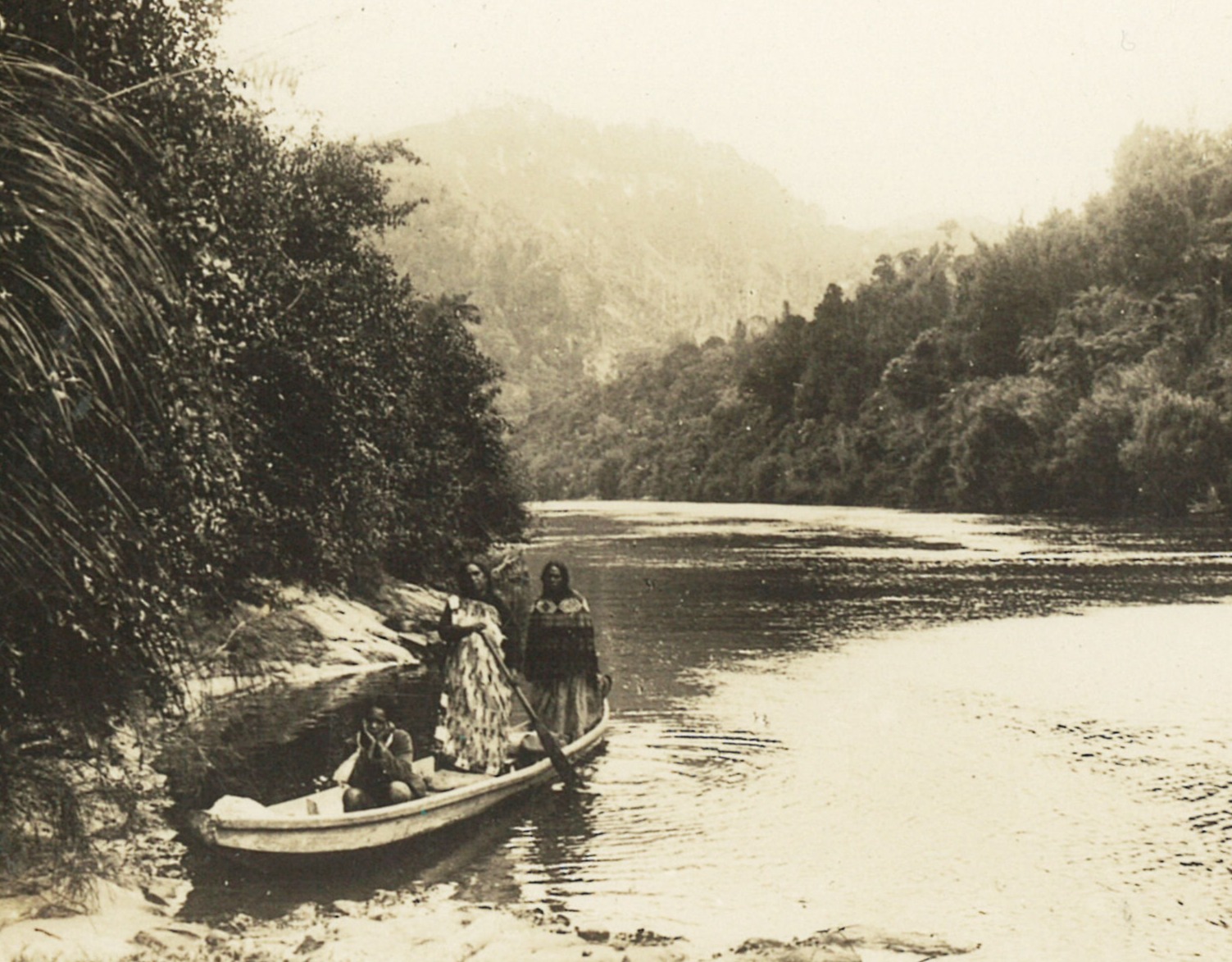


OUR VISION
Communities want sustainable development, long term employment, a future for their young people. They want to own, develop and contribute to their prosperity. Our vision is that universally, heritage asset awareness and utilisation helps the cultures of the world build the kinds of communities in which most would like to live; communities which have a good solid economic base, can provide a decent level of living for all their residents, are physically attractive, and people are friendly and considerate of each other.
OUR MISSION
Our mission at Heritage Futures International is to enable communities to identify, protect, preserve, manage and utilise their heritage assets to revitalise and transform their neighbourhoods, villages, towns, and regions while enhancing their cultural, social, environmental, economic and political futures.
Conceived in 1990 by Founder and Director Mr. David A. Wilson, and operational since 2005, we are a New Zealand company with our headquarters in the magnificent 19th century town of Oamaru, in our country’s stunning South Island.
OUR PRINCIPLES.
These are the core values that act as the driving forces behind Heritage Futures International’s work.
1. Respect for Diversity and Human Dignity – opposing all forms of discrimination whether based on, race, ethnicity, age, gender, social circumstances, sexual orientation, politics, or religion.
2. Respect for Customary Law and Traditional Owners – ensuring the pace and level of developments impacting Indigenous communities will be guided by them.
3. Genuine Engagement with Indigenous People – engaging and partnering with Indigenous Peoples, families, Elders, and their representative bodies at all levels of planning, service delivery and evaluation, and benefiting from their strong commitment to, and understanding to country, kin and law/lore.
4. Community Empowerment and Resilience – valuing the opinions, contributions, approaches and skills of community members; building the resilience of individuals, families and communities; and supporting residents to be strategically engaged as both architects and agents in all development processes.
5. Collaboration and Coordination – fostering stronger partnerships, collaborative approaches, networking, and community decision making about priorities and integrated service delivery; aiming for the smarter use of resources and reduced fragmentation.
6. Innovation and Creativity – creating a culture within communities that capitalises on innovation, best practice and the desire to do things better.
7. Heritage Asset and Opportunity Focus – dynamically pursuing opportunities that build upon local heritage assets, creativity and existing resourcefulness and facilitating opportunities and experiences that empower community members and strengthen existing initiatives and groups.
8. Integrity and Transparency – ensuring the highest ethical and professional behavior’s in all activities and projects; building a strong sense of trust, respect and reliability with partners, funders and the local community.
9. Respect for the Environment, Cultures and Sustainable Practices – appreciating and valuing the natural environment, local cultures, heritage and community character and a commitment to ensuring that the needs of the present are met without compromising the ability of the future generations to meet their needs.
10. Celebrating Achievement – encouraging pride and times of celebration relating to local cultures, heritage, uniqueness and achievements.
OUR BELIEFS.
1. Heaven, earth, the forces of nature, the destiny of nations and world history are controlled by the sovereign Creator and Lord of the universe, the Ancient of Ways. He has not left us without hope or without the necessary prophetic revelation of the coming future.
2. All human beings regardless of color, creed, or origin are born free and equal in dignity, and have the right to life, liberty, and security.
3. Heritage encompasses natural, historic, tangible, intangible and spiritual elements and is that which is inherited from past generations, is a living, integral part of life today, and is the responsibility of current generations to protect and preserve for future generations.
4. If we neglect or destroy the roots of society and tradition, then the result will inevitably be the isolation of generations from their heritage, the isolation of individuals from their fellow men, and the creation of a faceless, sprawling mass.
5. Civilizations thrive when the wisdom and legacy each generation receives from its ancestors is passed on to their young people.
6. The more communities know and understand about their historic and cultural heritage, the better equipped they are to realise its potential in ways that are both culturally sensitive and economically sustainable.
7. Economies should genuinely serve society and advance the common good in communities, and politics, law, governance and values should be socially progressive and ethical.
8. Positive, meaningful and lasting community change always originates from within, begins simply with conversation, and local residents are the best experts on how to activate that change.
9. Young people have a vital role in the development of a community, not just for their own wellbeing and sense of identity, but because they are the emerging leaders, entrepreneurs, artists and cultural practitioners of tomorrow.
10. Rural communities and villages are hubs of traditional art and culture and bear a rich heritage of dance, songs and traditional craftsmanship. Tapping into this large pool of creative talents offers alternative pathways to livelihood and rural development.
11. Cultural industries applying creativity and cultural knowledge to produce traditional and contemporary artistic and creative goods and services with social meaning help alleviate poverty, and offer wealth creation and income generation resistant to global crises’.
12. Cultural monuments and sites are the heritage and birthright of all generations henceforth, make a powerful contribution to local identity, remind us of ancestral achievements, and can act as potent symbols of a united past that cross ethnic, tribal, linguistic, or cultural lines. Their importance can be seen and used as a common denominator to (re)unify people & promote reconciliation in post-conflict environments.
Made with Mobirise
Free Web Site Designing Software